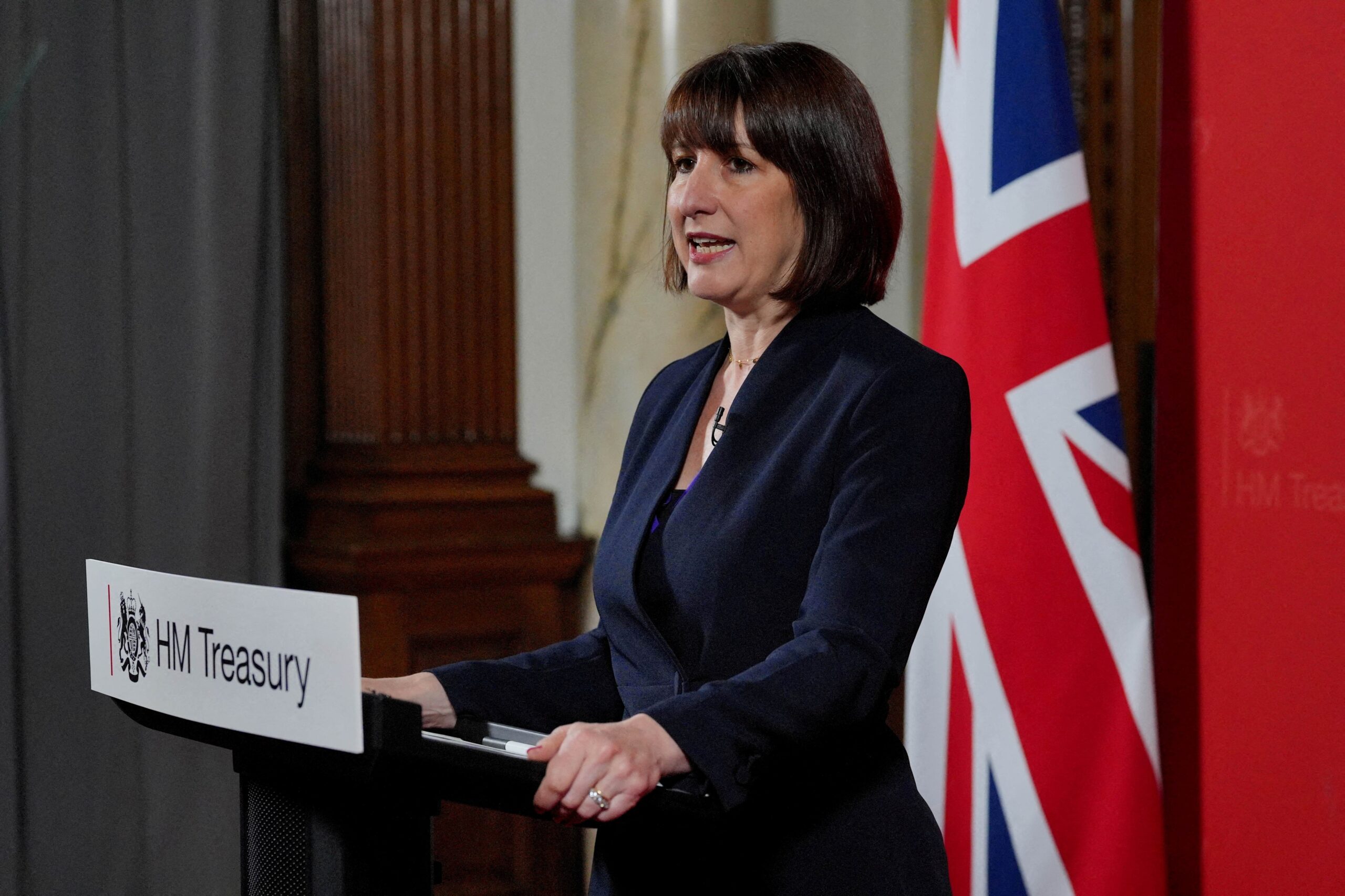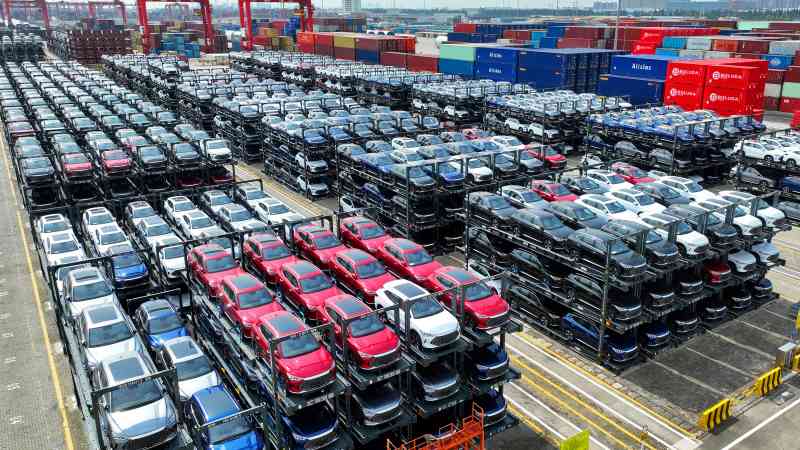Chinese electric vehicles lose spark in Europe after tariff rise
The market share of Chinese electric vehicles in Europe declined last month after the introduction of higher tariffs by the European Union.
Chinese cars accounted for 9.9 per cent of electric vehicle registrations in Europe in July, down from 10.2 per cent a year earlier, according to Dataforce, the automotive sector analyst.
The decline comes after the EU increased duties on imported electric vehicles with the introduction of provisional duties on July 5. Manufacturers in China now face tariffs ranging from 17.4 per cent to 37.6 per cent, on top of the bloc’s existing 10 per cent duty on all car imports. The EU’s duties are expected to become permanent in November, pending a vote by member states.
Fewer than 14,000 electric vehicles from Chinese carmakers were registered in Europe in July, down from 23,000 in June.
The tariffs come after a European Commission investigation into what it described as “unfair subsidisation”, which it claimed allowed China-made electric vehicles to be sold at prices undercutting European-produced vehicles. They were calculated based on how much state aid each company received and whether they had co-operated with the investigation.
BYD, which briefly overtook Tesla as the world’s largest electric vehicle manufacturer last year, faces a 17 per cent tariff, while SAIC Motor, the owner of MG, has been hit with a 36.3 per cent levy. The California-based Tesla, owned by Elon Musk, has avoided the harshest tariffs, with a 9 per cent duty.
China has denied the commission’s allegations and the levies have escalated trade tensions. This week the country’s commerce ministry claimed that European companies had been selling brandy at a “dumping” margin rate of 30.6 per cent to 39 per cent. While it said its domestic industry had been harmed, it said that provisional tariffs would not be imposed “for the time being”.

Last month Rachel Reeves hailed the benefits of Britain’s trade with China, suggesting that the government was unlikely to impose punitive tariffs on imported goods from the country. The United States imposed a 100 per cent tariff on Chinese-made electric vehicles in May, while Canada announced plans to do the same this week.
In July Reeves said: “We are a small, open trading economy and we benefit from those trade links with countries around the world, both for exports and imports, but also for foreign direct investment.
“Our view is that where possible we trade, we co-operate and we challenge in areas where it’s important to challenge, but we don’t want to close the UK economy down to imports and exports. We benefit from those trade links around the world, including with China.”
Demand for electric vehicles has continued to decline in Europe, largely driven by Germany prematurely ending its subsidy programme last December. Electric vehicle sales in Europe’s largest car market declined by 37 per cent month-on-month in July, marking a 20 per cent year-on-year drop, according to the European Automobile Manufacturers’ Association.
Dataforce’s analysis, based on battery-electric unit sales in the EU, the European Free Trade Association area and the UK, found that Chinese-made electric vehicles accounted for 11 per cent of registrations in Britain last month, down from 17 per cent in July 2023. However, the market share increased month-on-month in the UK and the Netherlands, reaching 11 per cent in both regions, up from 9 per cent and 7 per cent in June, respectively.
The Netherlands and Belgium were the only European markets where there was a year-on-year increase in the market share of Chinese-assembled electric vehicles.




Post Comment